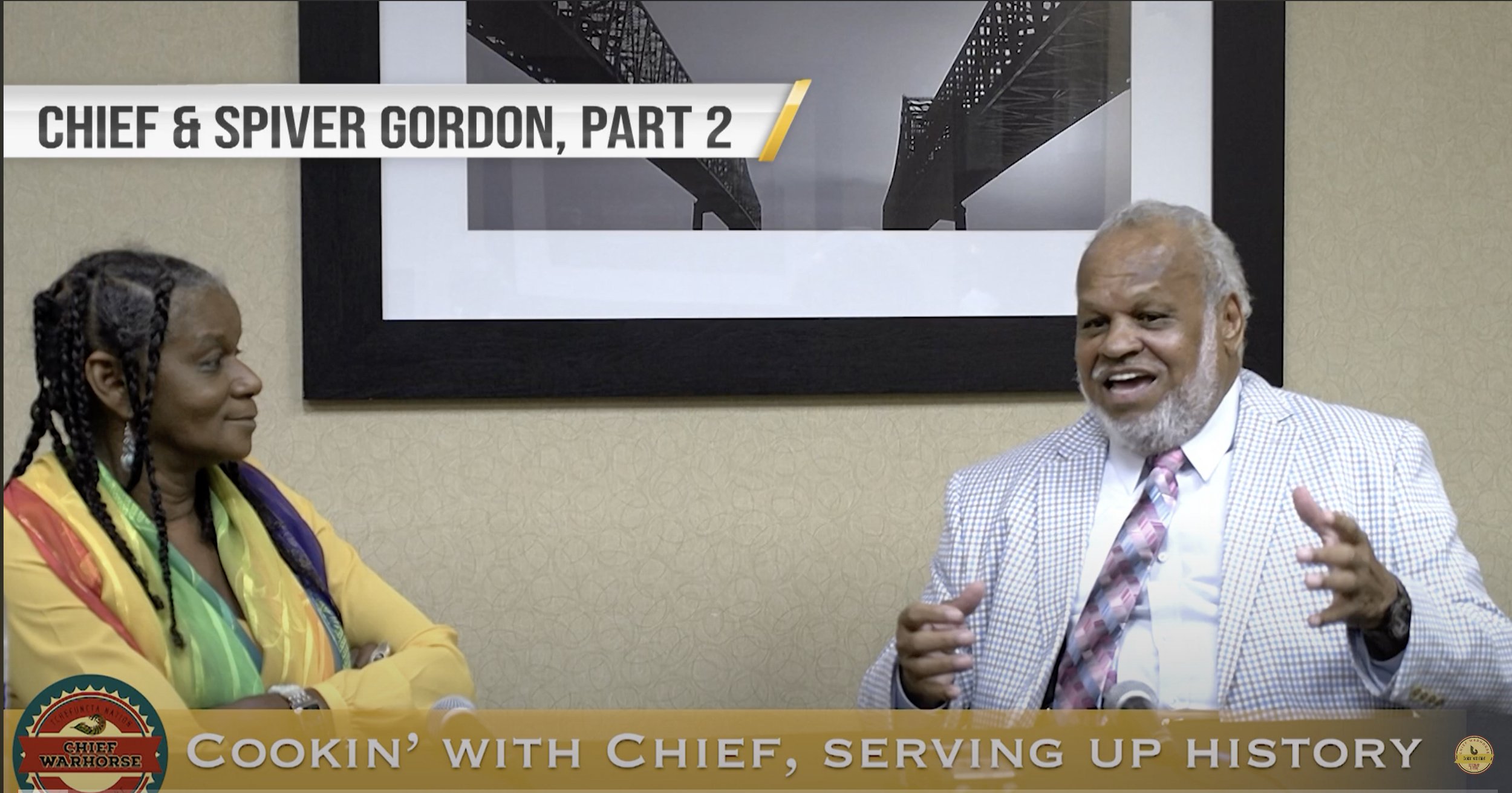taylor family: generations of blues
On May 4, 2023, when I walked into Joyride Studio at Chicago Avenue and Sacramento, not far from where I live on the West Side, I really didn’t know what would happen. With three guys from my band, I was going to play music behind a rap song.
Cookin With Chief, Serving up History: All About the Green with Tom Acklen
Did the descendants of the Confederate States of American create Native American tribes and appropriate heritage to profit off of government contracts and pose as American Indians?
Cookin With Chief, Serving Up History:"All About The Green" with Tom Acklen Pt 2
Let's hear from Tom Acklen creator of the Bayou La Combe Choctaw, Jena Band of Mississippi Choctaw, MOWA Choctaw, and various Oklahoma nations have sanctioned various perpetual nefarious acts against the people of the Florida Parishes, Mississippi, Alabama and throughout the United States




